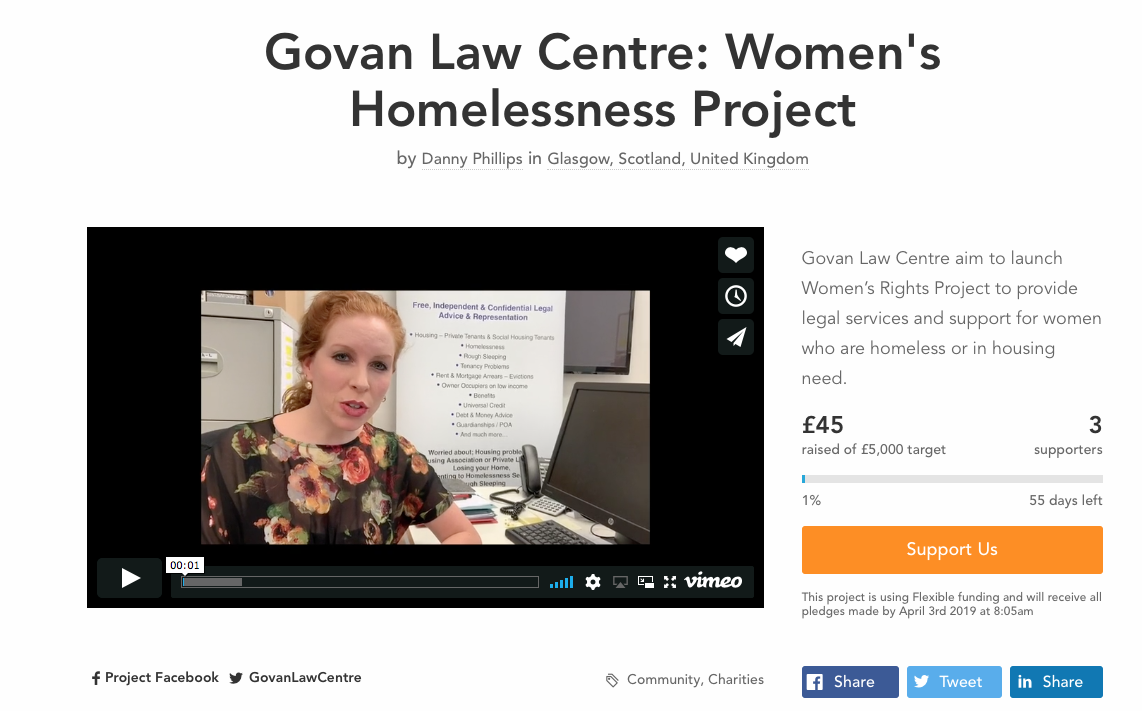 BBC
Business reports that two of the UK's biggest banks have admitted
denying some customers their right to cancel recurring payments.
BBC
Business reports that two of the UK's biggest banks have admitted
denying some customers their right to cancel recurring payments.
But since 2009, banks have been legally required to cancel CPAs
when a customer asks. Customers seeking to cancel continuous payment
authorities (CPAs) have been told by banks such as Lloyds TSB, Bank of Scotland
and Santander that only the payee can agree such action.
The
new rights were enshrined in the Payment Services Regulations, which came into
force in November 2009, but have been subject to ongoing discussions between
the banks and the Financial Services Authority (FSA).
Mike
Dailly, a consumer lawyer at the Govan Law Centre, who also sits on the FSA's
Consumer Panel, told Radio 4's Money Box programme
that the obligations for banks were clear. "You have the right to cancel
one of these continuous payment authorities and you can go to your bank, they
can't put up any hurdles," he said.
"They
should have a simple procedure for you to do that. You don't have to have the
permission of the payee."
Mr Dailly said he has experienced a problem when
trying to help a client who banks with Bank of Scotland, also now part of the
Lloyds Banking Group:
"I can think of a case of a pay-day loan company
where the consumer was paying that through one of the government schemes yet
the pay-day loan company is still taking money from the person's account”.
"Now that person went to the Bank of Scotland and
asked for them to cancel the CPA and they said 'You can't do it. You need to
get the permission of the pay-day loan company.' Now, that's wrong in
law."

















